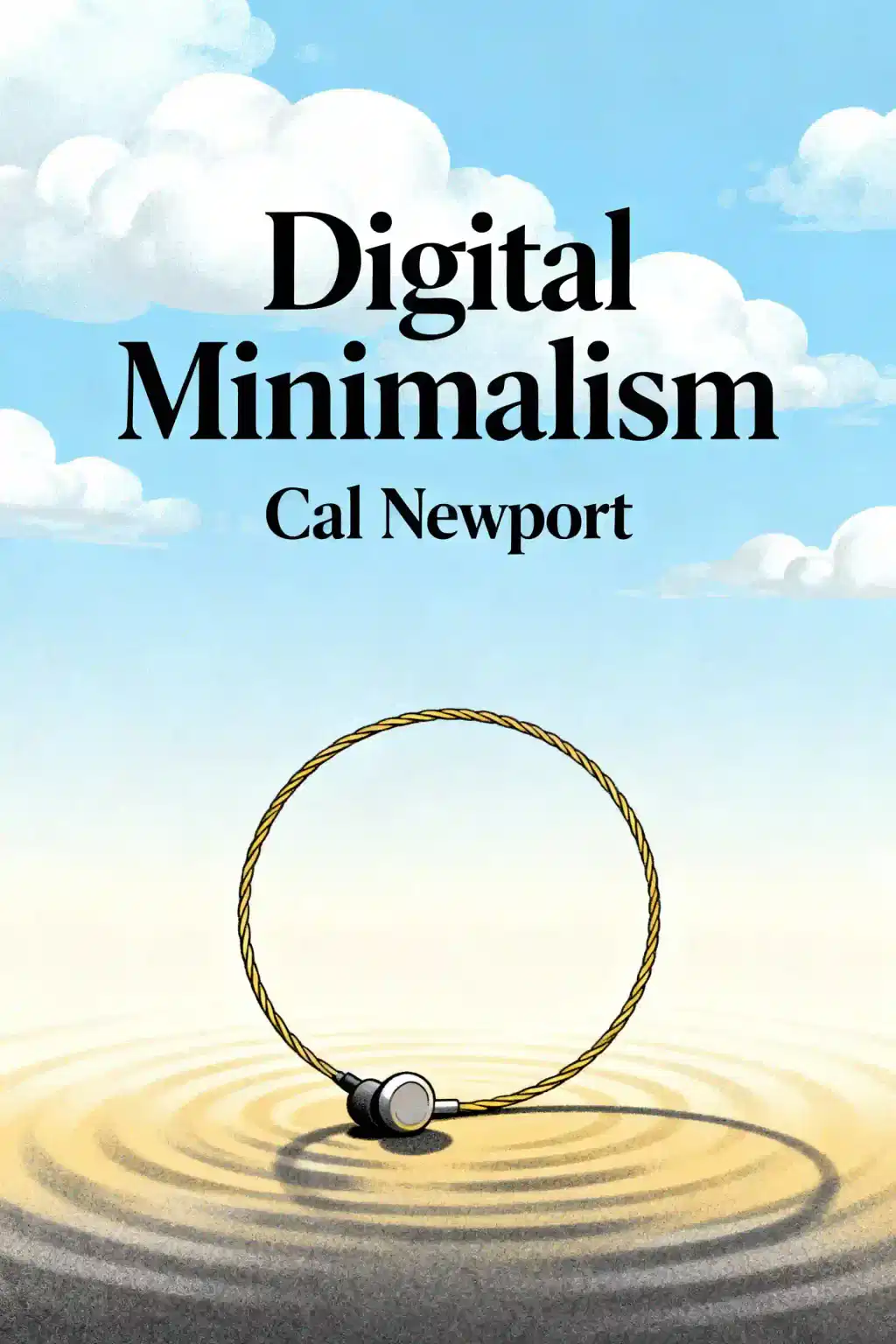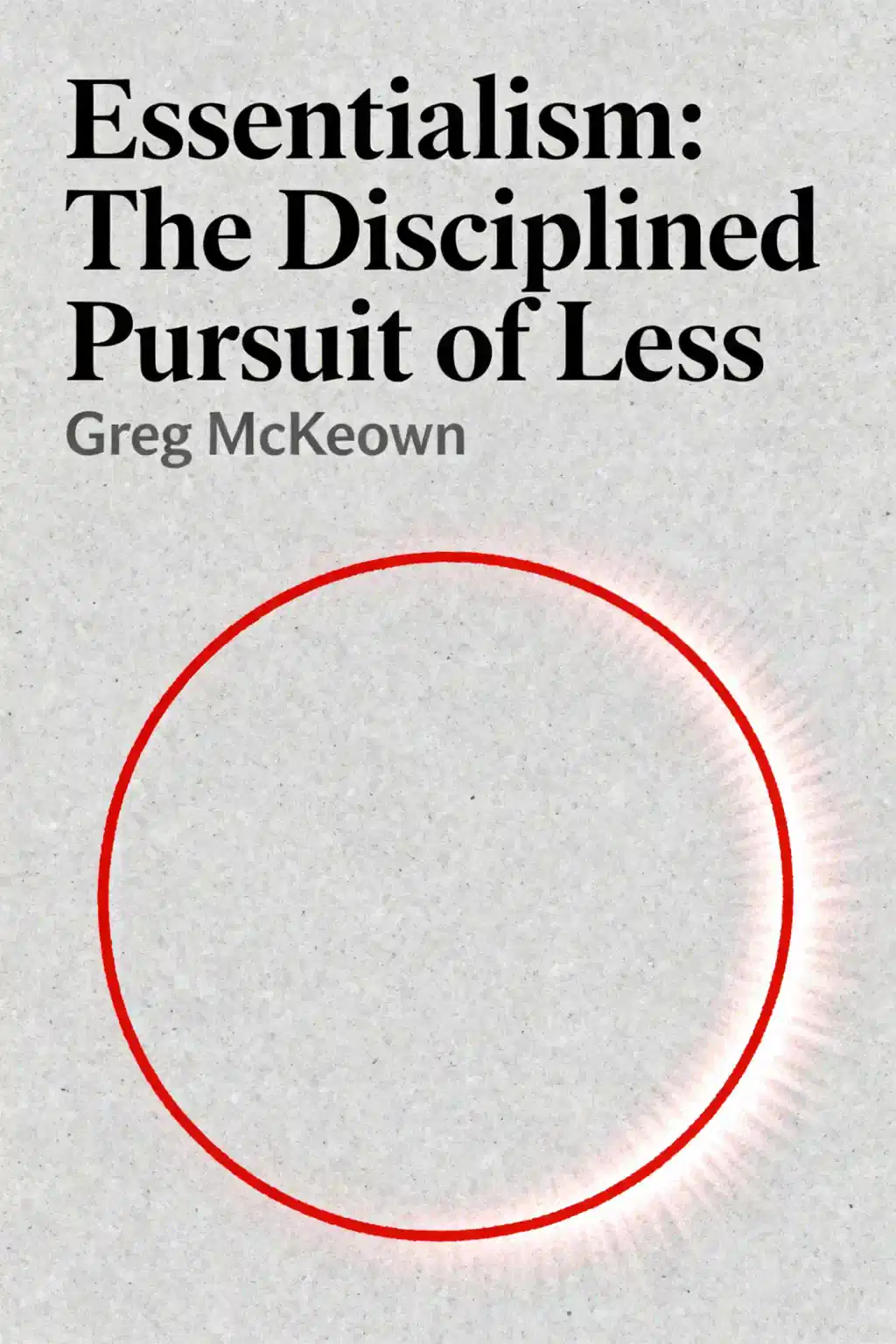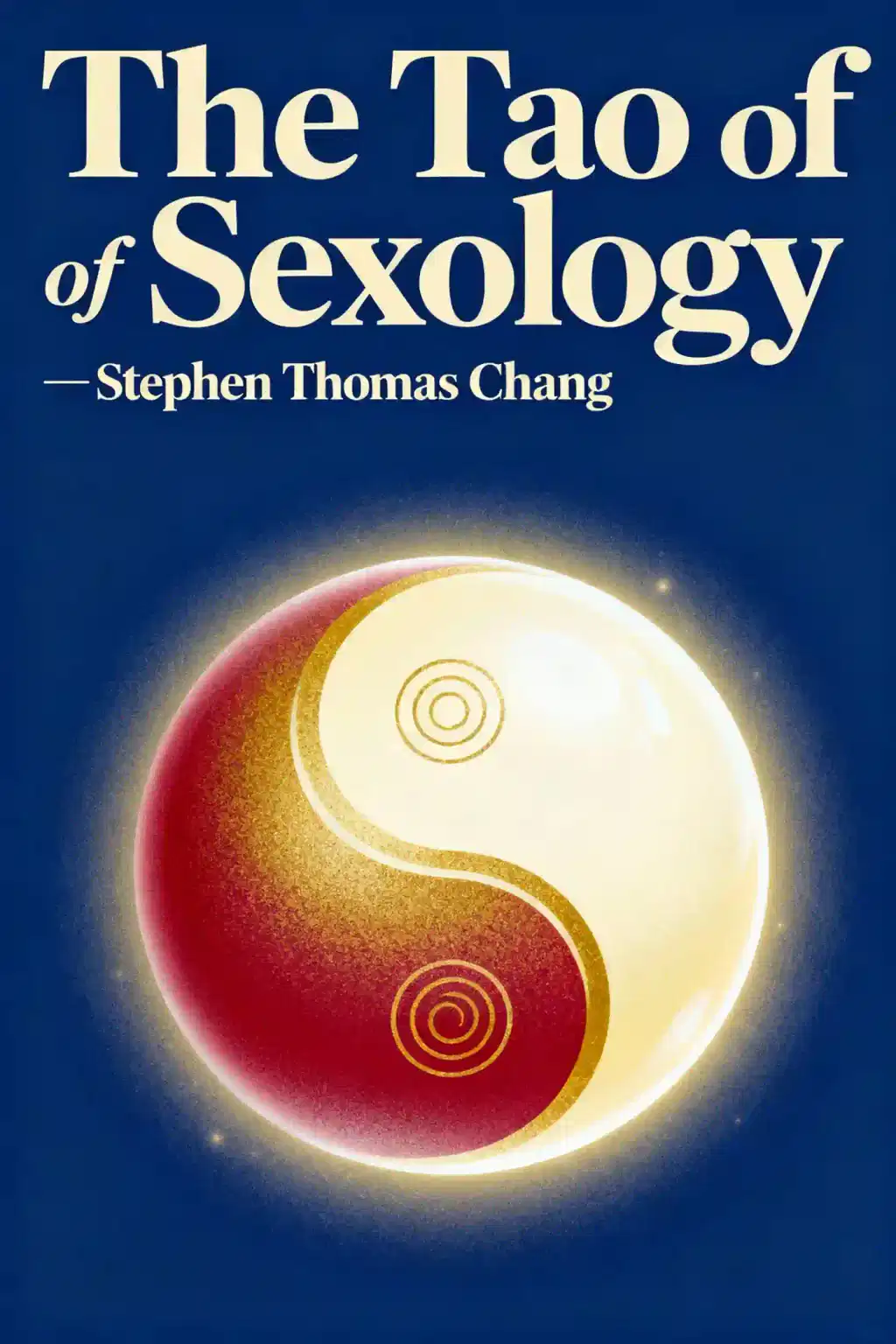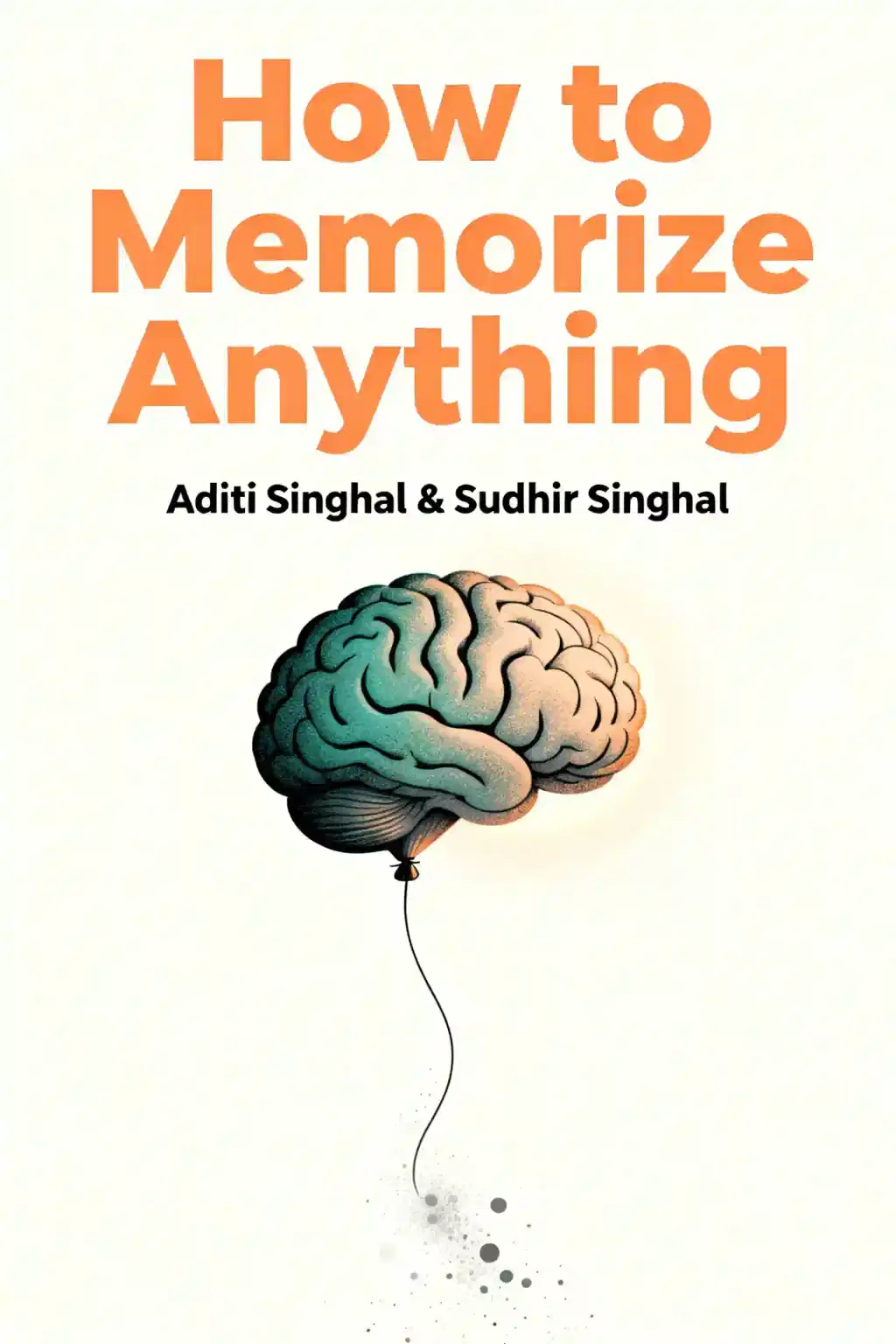What is
Love People, Use Things about?
Love People, Use Things by Joshua Fields Millburn and Ryan Nicodemus advocates for minimalism as a tool to prioritize relationships over materialism. The book combines personal anecdotes, actionable rules (like the "No Junk Rule"), and reflections from the authors’ corporate-to-minimalist journey to show how decluttering physical and mental spaces fosters deeper human connections and intentional living.
Who should read
Love People, Use Things?
This book suits anyone feeling overwhelmed by consumerism, seeking stronger relationships, or aiming to simplify their lifestyle. It’s particularly relevant for those navigating post-pandemic reevaluation of priorities, hoarders looking to declutter, or minimalism newcomers wanting practical steps.
Is
Love People, Use Things worth reading?
Yes, for its blend of memoir-style storytelling and practical minimalism strategies. While some critics find it repetitive, readers praise its relatable insights on balancing possessions with purpose and its crisis-era relevance.
What are the main ideas in
Love People, Use Things?
Key concepts include:
- Anti-consumerism: Rejecting accumulation as a path to happiness.
- Intentional decluttering: Removing physical/mental clutter to focus on relationships.
- Core values alignment: Making decisions rooted in personal ethics, not societal pressures.
How does
Love People, Use Things address modern crises?
Written during COVID-19, the book argues crises reveal life’s essentials, urging readers to reassess priorities. Examples include reevaluating storage unit reliance and redirecting resources toward community and creativity.
What criticism does
Love People, Use Things receive?
Critics note oversimplification of systemic issues like privilege, repetitive advice, and a disjointed structure blending memoir and self-help. However, supporters value its actionable steps and candid personal stories.
How does
Love People, Use Things compare to other minimalist books?
Unlike Marie Kondo’s tactical organizing focus, this book ties minimalism to emotional health and relationships. It expands on the authors’ earlier works by integrating pandemic-era reflections and deeper critiques of consumer culture.
What quotes define
Love People, Use Things?
- “Love people, use things—the opposite never works.”
Highlights the book’s core mantra against material fixation.
- “Own little, want less.”
Encourages contentment through intentional ownership.
Can
Love People, Use Things help with career changes?
Yes, by advocating value-driven decisions over status-seeking. The authors’ corporate exit stories model aligning work with purpose, reducing financial burdens to enable meaningful transitions.
What frameworks does
Love People, Use Things offer?
- 30-Day Minimalism Game: Daily decluttering challenges.
- The “No Junk Rule”: Eliminating unused items monthly.
- Values checklist: Aligning purchases and habits with core ethics.
How does
Love People, Use Things apply to relationships?
It argues materialism distracts from emotional bonds, offering strategies like shared experiences over gifts and decluttering relational “junk” (e.g., toxic friendships).
Why is
Love People, Use Things still relevant in 2025?
Post-pandemic shifts toward remote work and sustainability amplify its message. The book’s focus on intentional living resonates amid AI-driven consumer trends and economic uncertainty.














